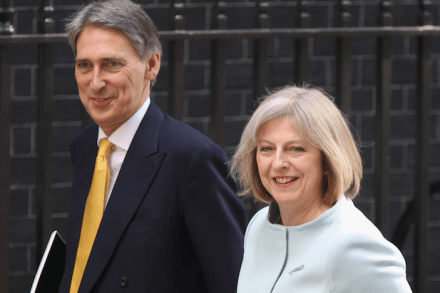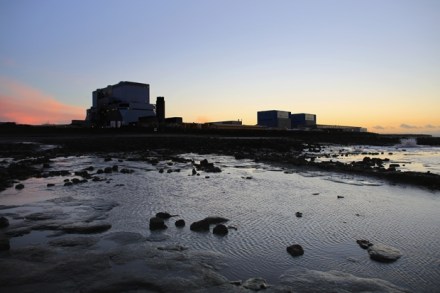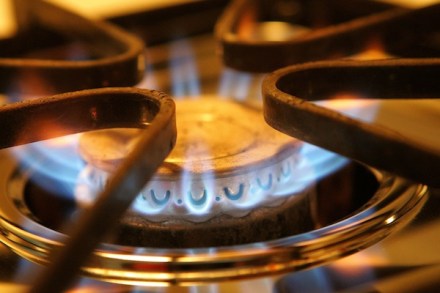Money digest: ‘Marmite gate’ and Germany’s tougher stance on Brexit
One and a half million households, many of them poor families or pensioners, are not on the correct energy tariff for their consumption says the Daily Mail’s This Is Money. The big six power giants – British Gas, EDF, Eon, Npower, Scottish Power and SSE – are overcharging by a net amount of £440 million per year, the paper says. Frank Field MP, who chairs the Commons Work and Pensions Select Committee, has written to the Prime Minister to draw attention to the issue. He said that ‘as a next move in protecting the vulnerable human underbelly of British society, the Prime Minister should take the first available opportunity to


















